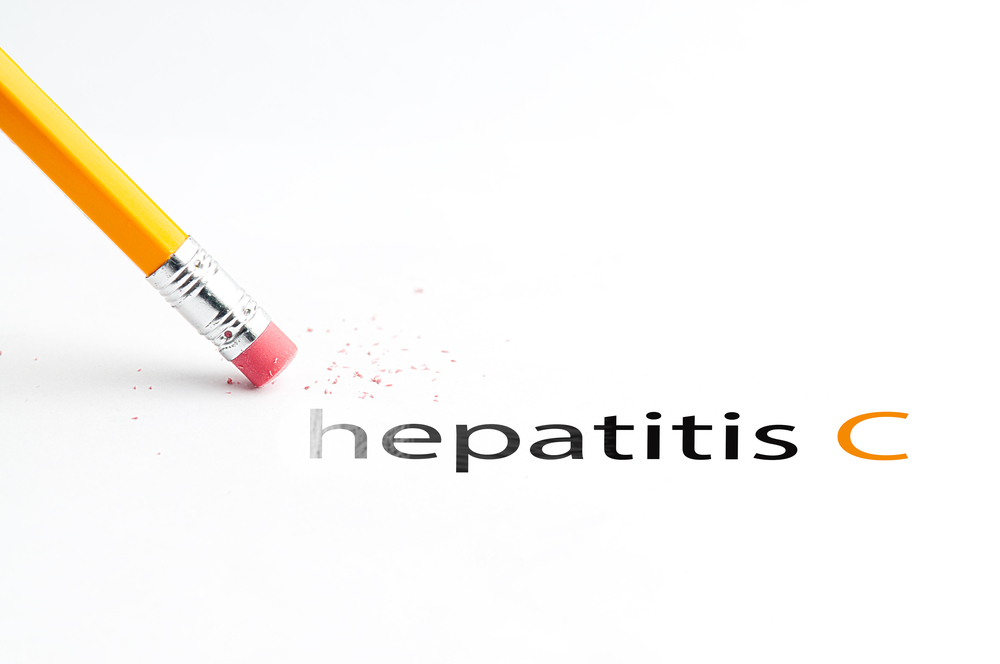
Zepatier with or without ribavirin is now available for the treatment of chronic hepatitis C virus (HCV) genotypes 1 and 4 infections in adult patients, after being approved by the Food and Drug Administration (FDA) at the end of January. Given the uproar at the end of 2015 over the high cost of Gilead Science’s Sovaldi and Harvoni treatments as well as AbbVie’s Viekira Pak, the new drug is a welcome addition for patients.
With approximately 3.5 million chronic HCV-infected people in the U.S., the hope is that new drug options will lower the costs by increasing competition. Marketed by Merck & Co. and offered at discounted prices, Zepatier is expected to develop a good market share quickly.
Hepatitis C, a viral disease that causes inflammation of the liver, can lead to diminished liver function and liver cancer. Most people infected with HCV have no symptoms until liver damage becomes apparent, which can take several years. According to the Centers for Disease Control and Prevention (CDC), chronic HCV is the leading cause of cirrhosis and liver cancer, resulting in approximately 15,000 HCV-related deaths annually.
The majority of infected Americans have genotype 1; genotype 4 is one of the least common. In January, Dr. Edward Cox, director of the Office of Antimicrobial Products in the FDA’s Center for Drug Evaluation and Research, said the FDA’s approval of Zepatier “provides another oral treatment option for patients with genotypes 1 and 4 HCV infections without requiring use of interferon.”
The safety and efficacy of Zepatier with or without ribavirin was evaluated in clinical trials of 1,373 participants with chronic HCV genotype 1 or 4 infections with and without cirrhosis. The overall cure rates—which ranged from 94-97% in genotype 1-infected subjects and 97-100% in genotype 4-infected subjects—were impressive. (A participant was “cured” if the virus was no longer detected in their blood 12 weeks after completing treatment.) The most common side effects of Zepatier without ribavirin were fatigue, headache and nausea while the most common side effects of Zepatier with ribavirin were anemia and headache.
During the FDA approval process, Zepatier was granted breakthrough therapy designation for the treatment of chronic HCV genotype 1 infection in patients with end stage renal disease on hemodialysis and for the treatment of chronic HCV genotype 4 infection. FDA breakthrough therapy designation helps to expedite the development and review of drugs that are intended to treat a serious condition. The belief by the FDA and HCV advocates across the country is that Zepatier will help save lives.
